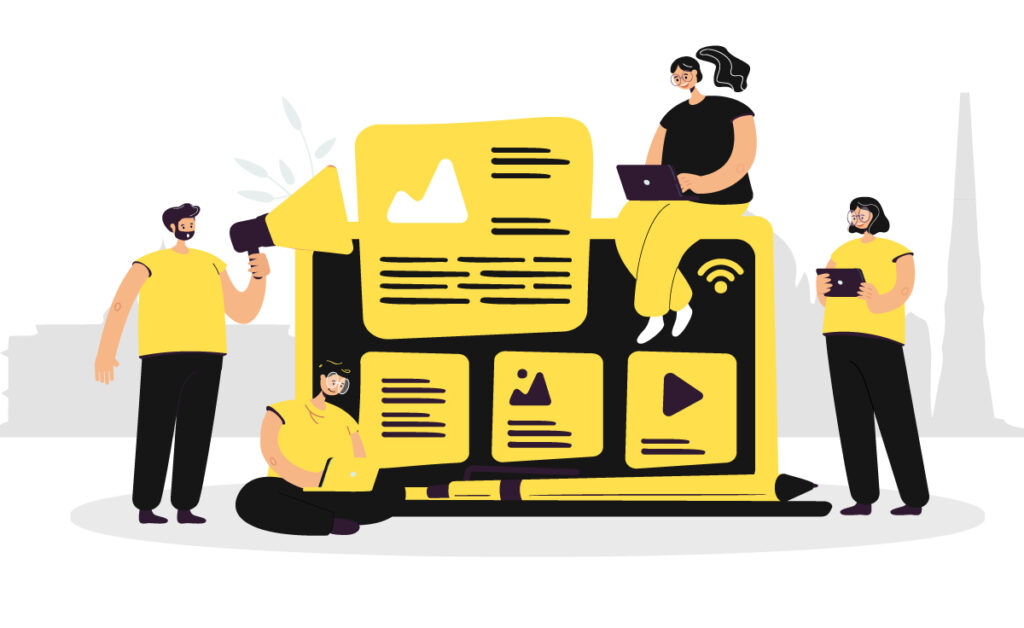When it comes to search engine optimization, to write or not to write quality content is no longer a question!
People are constantly trying to unravel the mystery of future search; what is it that will get a business prime space on the Search Engines. While the debate continues over various techniques that can be applied to catch the crawlers, it has been safely established that the search engines have a special weakness for quality content. And yes, that swings us right back to the content courtyard where it won’t be wrong to say that Search Engine Optimisation and content are interlinked somewhat like great food is to a happy life.
The more content, and by that we mean quality content, you put up on the Internet, the easier it becomes for the search engines to find you. That’s the basic equation. Which means, that the content of your website, blogs, guest blogs, PR, social media platforms, and third-party sites, all can make a difference to your SEO. While there is a lot to talk about in the content context, today we deal with just SEO articles– a part of the content that has been routinely underestimated and sort of abused by content writers across the world.
Till recent years, a large part of content writers across the world would feed the Search Engines with meaningless articles stuffed with keywords of a particular business/brand in a bid to attract the crawlers. But not anymore! With major algorithm updates from Google in 2013 and 2014, you need to make greater investments in content – in short, you better not stuff Google with nonsensical SEO articles.
Google Algorithm changes
Hummingbird algorithm catches writing errors
Do you think that investing in SEO articles is a waste of money? Think again because Google does not accept waste from anyone anymore. In fact, not investing in SEO articles writing may turn out to be extremely expensive in the long run because any writing error might directly harm your rankings. Hummingbird algorithm makes it extremely hard for SEO writers to share low-information, keyword-stuffed content.
Penguin algorithm to stop spamming
During the initial years, it was a common practice among writers to spin the content and share numerous articles on the same topic. This was changed when Penguin was released in April 2012. The Penguin algorithm tracks if the readers find the article share-worthy. Hence, if an SEO article is shared or referenced, the higher it will rank on Google. On the other hand, sharing garbage through SEO articles may harm the rankings as well as brand image.
Panda algorithm and SEO articles
Gone are the days when plagiarism was not as serious a crime as it is now. Google’s Panda Algorithm was released in February 2012 to stop writers from sharing copied or low-quality articles. Today, a low-quality article can harm the ranking of your website.
Manual Action
It is not possible for Google’s new algorithms to always detect spam, due to which, the team at Google has decided to review the article shared and determine if it offers unique and informative content on a given topic. Today, the search engine giant labels any article that is shared for advertisement purpose only – as spam. Any SEO content article that does not comply with Google’s quality expectations may harm your business.
How Google scores your SEO articles
Well, when Google commands, everybody listens! Every article shared on Google cannot rank on the top page; however, a quality SEO article can make a huge difference to your brand value and product marketing. Hence, an honest assessment is required on your part for the article you are sharing.
Need SEO articles that please both Google and users? Contact us!





